
Posted by The Law School
18 December 2024In October we celebrated Black History Month by highlighting the work of many black scholars whose work inspires us today. We created a special gallery along the Law School corridors and invited our students and staff to read more about their lives, and to share which one inspires them the most and why. As we mark the end of term we are sharing some of their thoughts in a poster.
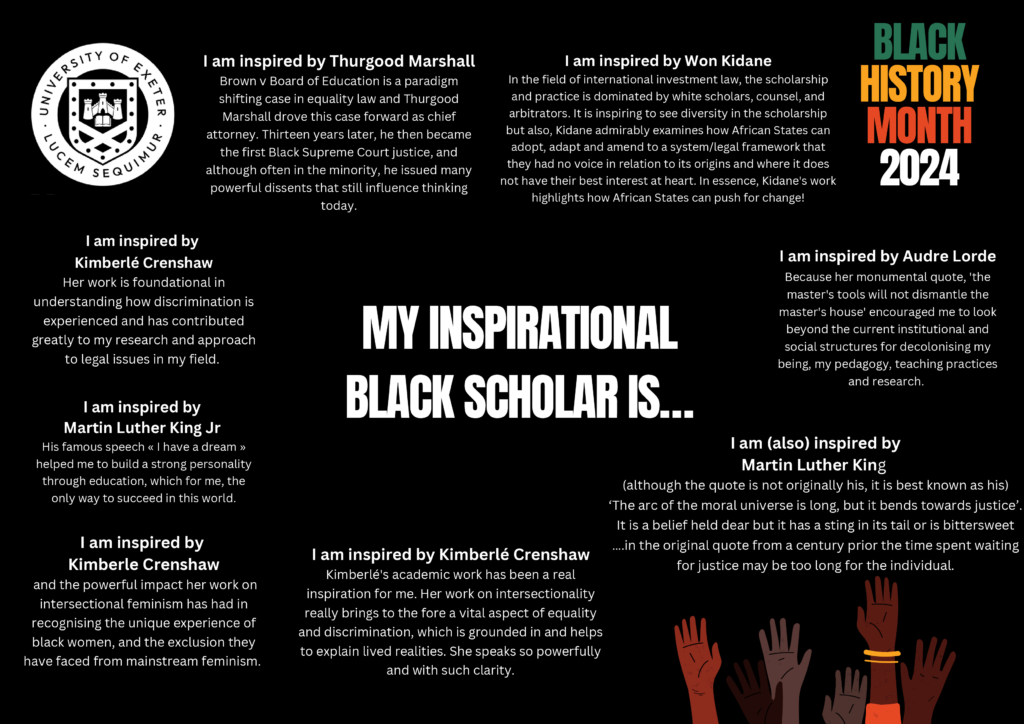
Swati Gola explains more:
These legal, social, and political trailblazers rose in the face of adversity, championed civil rights and fought against discrimination and inequality, leading the path towards social justice. Their struggles and works inspire future generations of legal scholars and practitioners to apply their legal knowledge and skills for a just and inclusive society.
Swati Gola
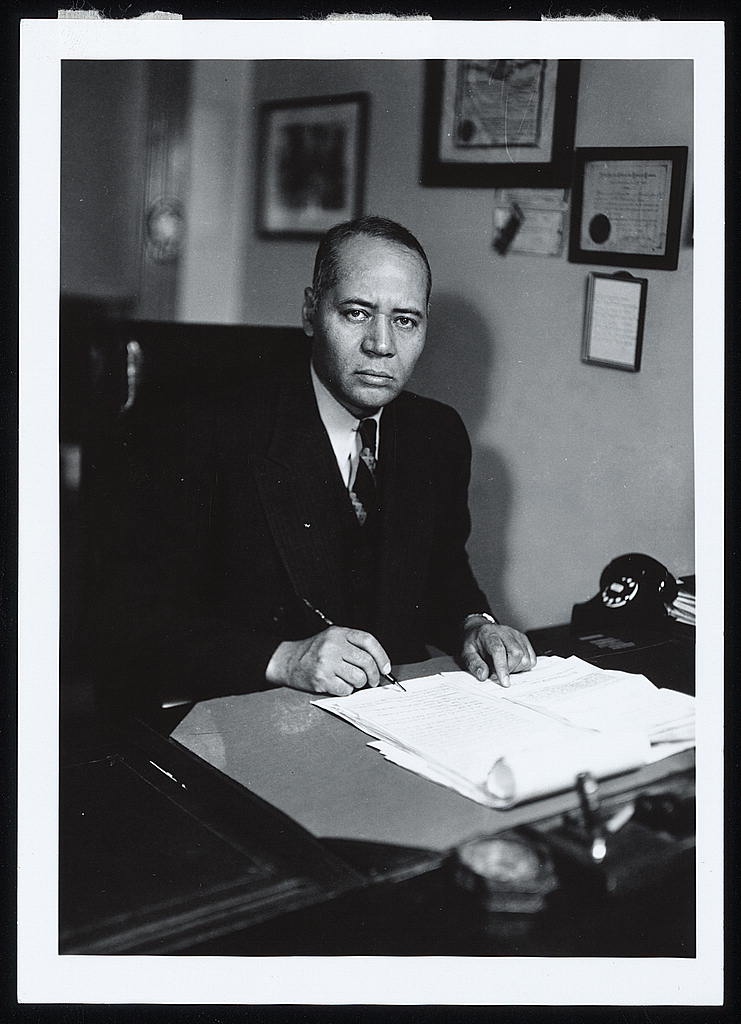
Charles Hamilton Houston (1895–1950)
His legacy in civil rights history is profound. In his role as dean, he transformed Howard University Law School into a premier institution for training future generations of black lawyers including Thurgood Marshall. Using law as a tool for social change, particularly in dismantling racial segregation, he masterminded legal strategies against segregation, particularly in education, laying the groundwork for the historic Brown v. Board of Education decision as well as many Supreme Court decisions. His life and works will always inspire future civil rights lawyers.
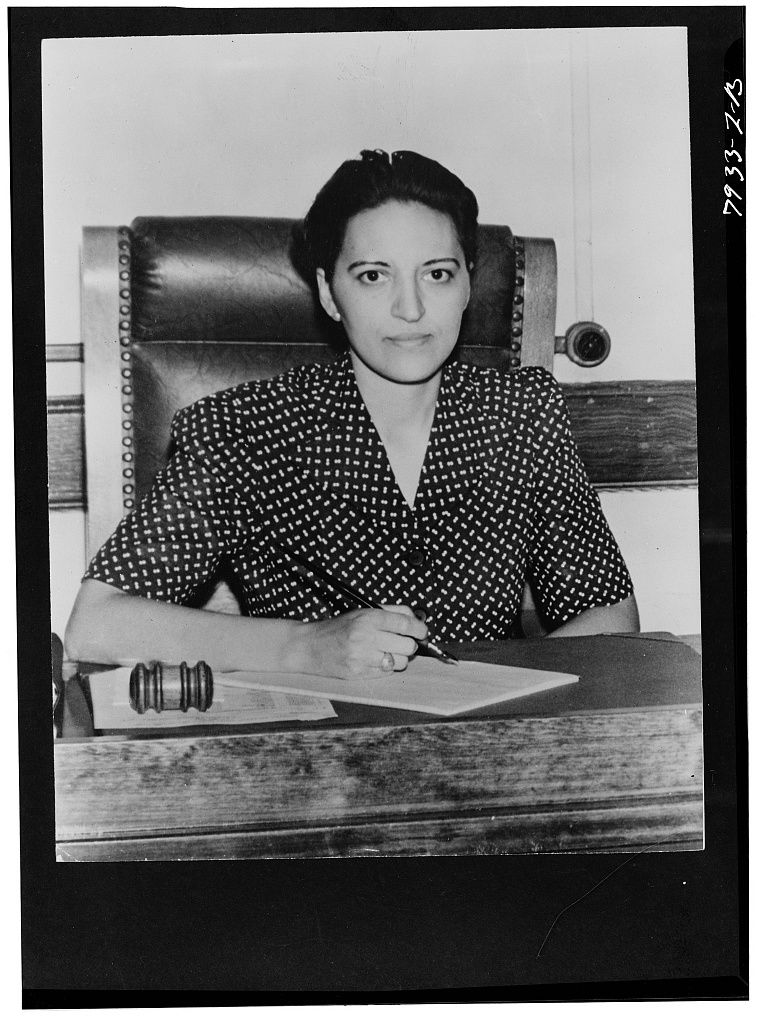
Jane Bolin (1908 – 2007)
Jane Bolin broke many barriers, from being the first black woman to graduate from Yale Law School (1931), the first to join the New York City Bar Association, the first to join the New York City Law Department to being the first black woman in the United States to serve as a judge. She advocated for children’s rights throughout her career, encouraging the desegregation of child welfare services and fought for childcare agencies to accept any child without concern for race or religion.
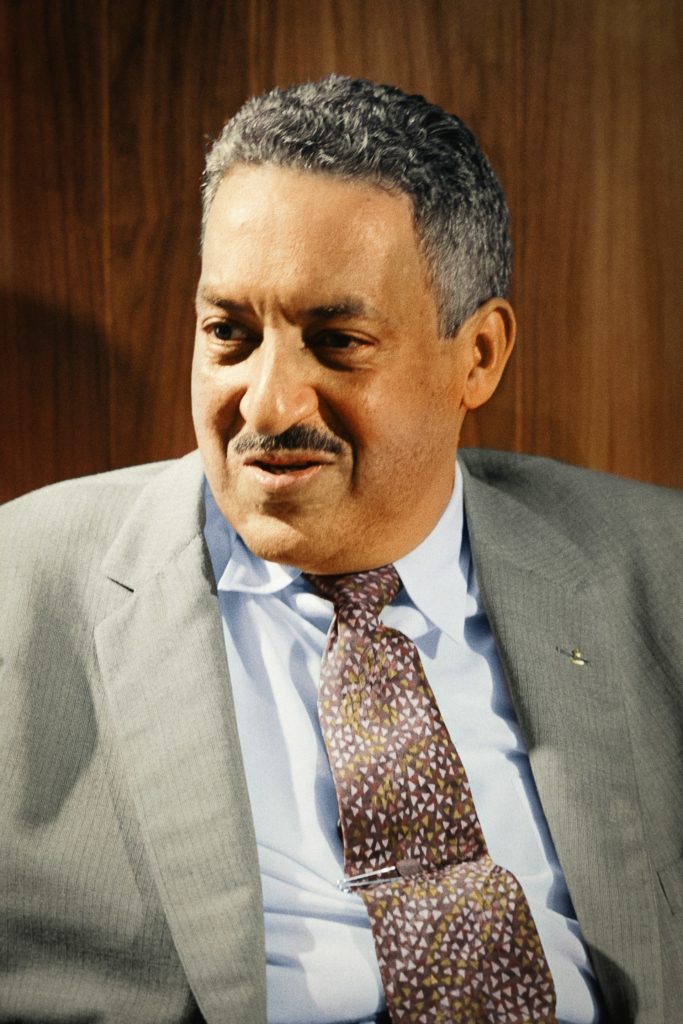
Thurgood Marshall (1908–1993)
Thurgood Marshall will forever be remembered for his brilliant argument and historic win of Brown v. Board of Education case that abolished the “separate but equal” doctrine. As a leading figure in civil rights law, his legal career is known for his fight against segregation, particularly in education. Appointed in 1967 to the Supreme Court, he became the first African-American justice who took a strong liberal stance, advocating for individual rights and opposing the death penalty.
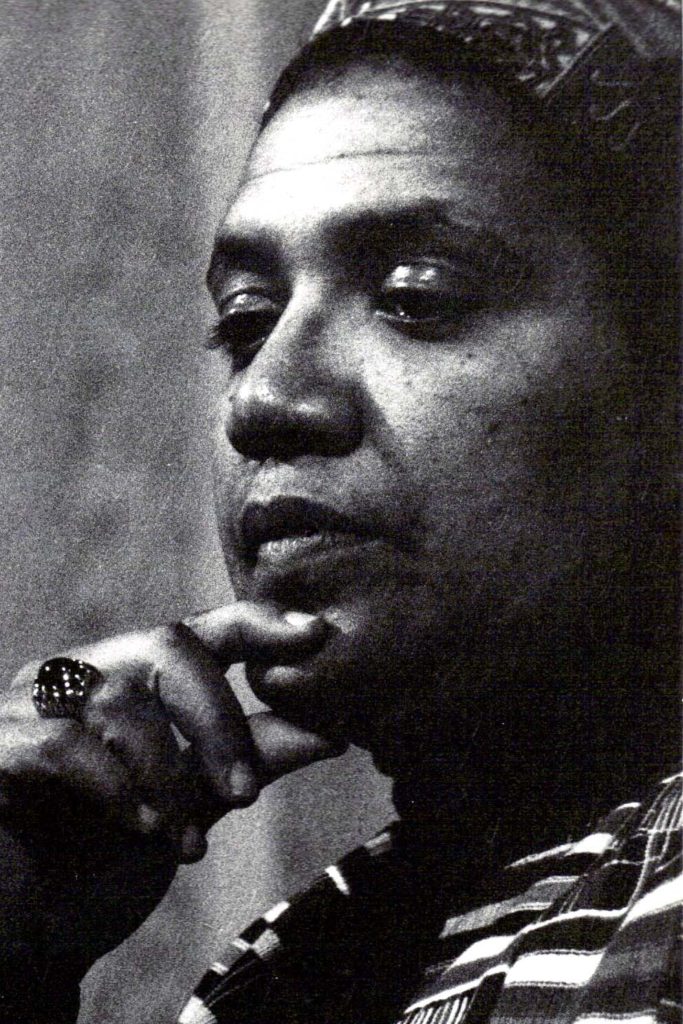
Audre Lorde (1934-1992)
A self-described “black, lesbian, mother, warrior, poet,” Audre Lorde will forever inspire women of all colours in all walks of life. Both her life and her creative talent confronted injustices of racism, sexism, classism, and homophobia. Lorde articulated early on the intersections of race, class, and gender in her canonical work “The Master’s Tools Will Not Dismantle the Master’s House.”
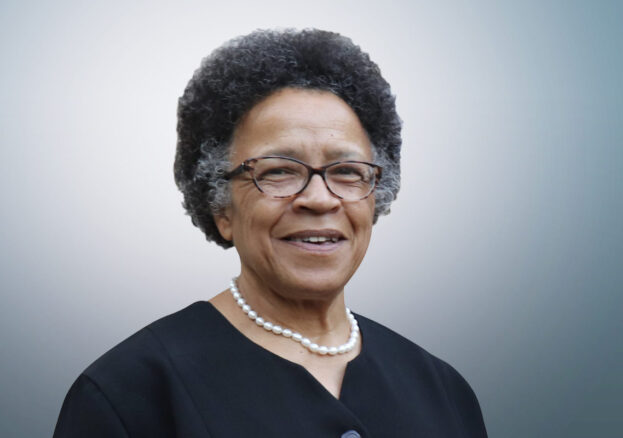
Dame Linda Dobbs
Dame Linda Dobbs DBE became the first non-white high court judge in the UK in 2004. She was called to the Bar in 1981 and had an extensive criminal practice, specialising in fraud and white-collar crime cases. As a staunch advocate for diversity and inclusion within the legal profession, she chaired the Professional Standards Committee and the Race Relations Committee. In 2003 she became Chairman of the Criminal Bar Association, where she set up the Association’s first Equality and Diversity sub-committee and continued championing initiatives aimed at promoting equality and diversity in the judiciary. At present, she is involved in mentoring young people from minority ethnic backgrounds.
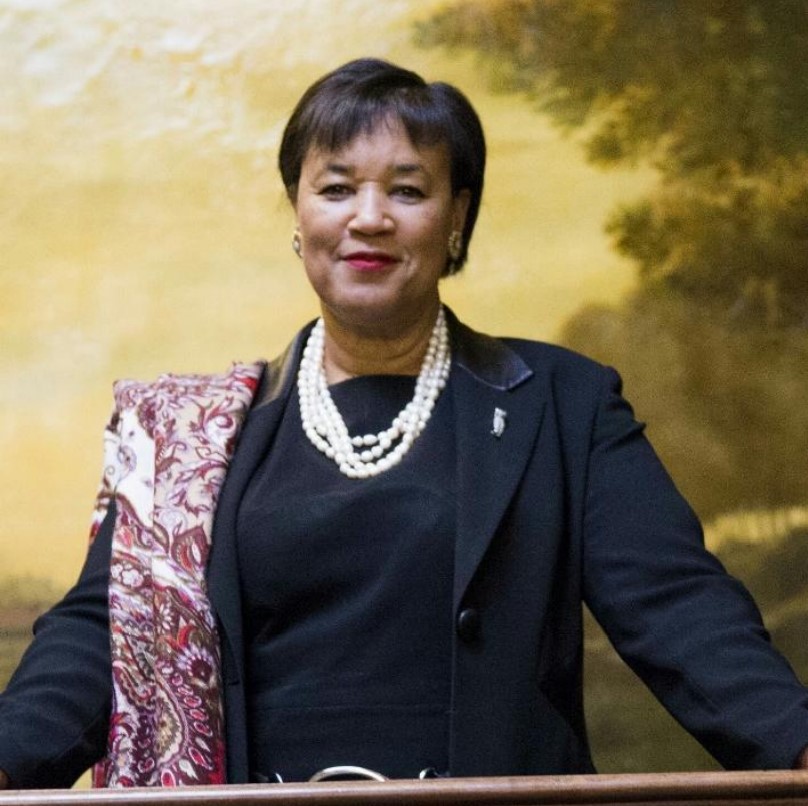
Baroness Patricia Scotland
Baroness Scotland was born in Dominica and moved to the UK with her family. She is not only the first Black woman to be appointed a Queen’s Counsel in 1991 but also the youngest woman ever to be made a QC. She joined the House of Lords in 1997 as Baroness Scotland of Asthal and in 2007, she was appointed Attorney General– the first women to hold the post since it was created in 1315. She undertook major reform of the criminal justice system, including the introduction of the Domestic Violence Crime and Victims Act. She is a patron of several charities, including the Corporate Alliance Against Domestic Violence, and Children and Families Across Borders. She was chosen by Commonwealth leaders to be the Secretary General of the Commonwealth in 2015.
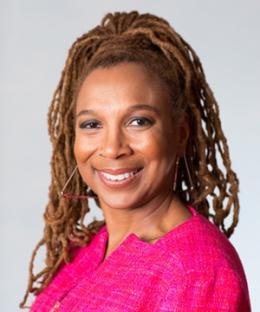
Kimberlé Crenshaw
A pioneering scholar and writer on civil rights, Kimberlé Williams Crenshaw is a Professor of Law at Columbia Law School and a Distinguished Professor of Law at the University of California, Los Angeles. Her work has been foundational in critical race theory and in “intersectionality,” a term she coined to describe the double bind of simultaneous racial and gender prejudice. Her pioneer work identified key issues in the perpetuation of inequality, and the criminalization of behaviour among Black teenage girls.
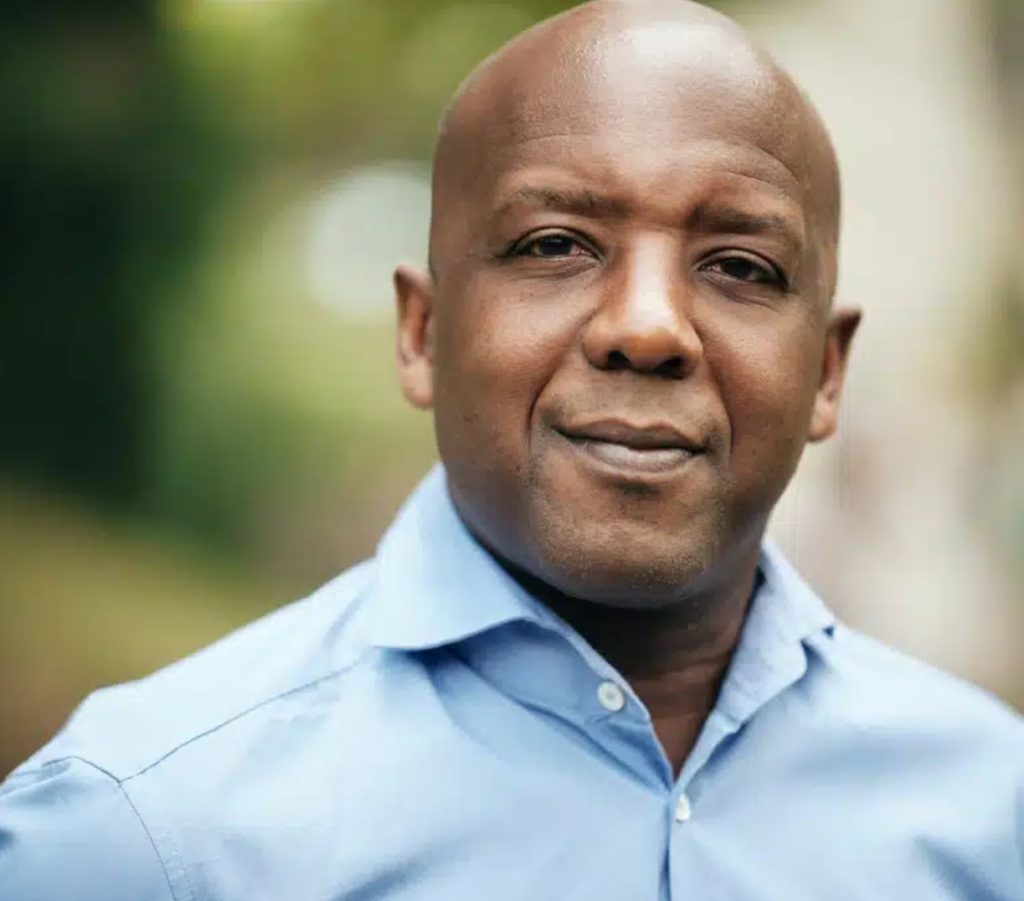
Trevor Sterling
Trevor Sterling, senior partner at Moore Barlow since May 2021. He became the first Black senior partner of a top 100 UK law firm. Starting as an outdoor clerk, he developed a passion for law and determined to qualify as a solicitor, finally enrolling as one in 1993. He subsequently became a partner at Rowley Ashworth at the age of 28, becoming the firm’s youngest and first Black partner. Sterling has dedicated his career to diversity and inclusion both inside and outside of the legal sector.
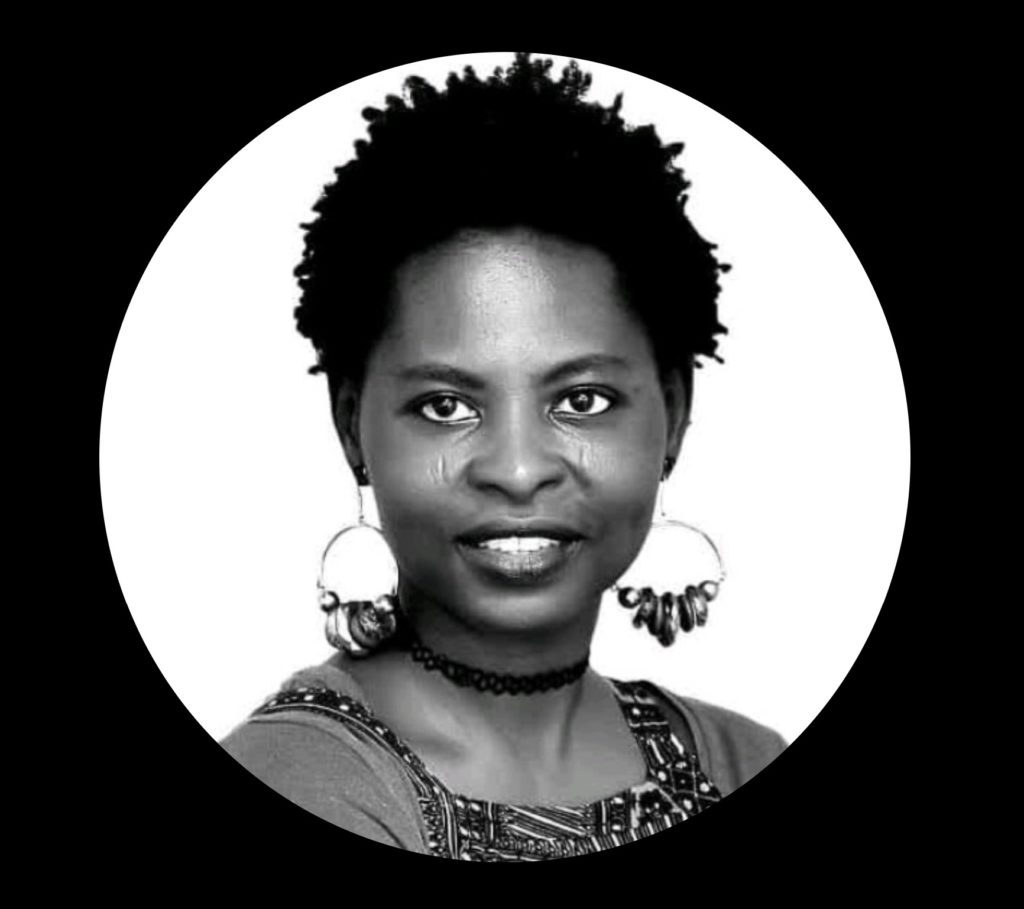
Toyin Ajao
Toyin Ajao is a social scientist public scholar, feminist activist, writer, researcher, creative healing facilitator and new media and conflict transformation expert. She holds a PhD in Political Science from the University of Pretoria, South Africa, where she was also a lecturer of International Relations. Toyin as a restorative healing researcher and practitioner has also founded Ìmọ́lẹ̀ of Afrika Centre (ìAfrika) to advance restorative healing and Ubuntu Culture in Africa through multidisciplinary empirical findings and praxes. With over a decade of experience across academia, civil and political societies, LGBTQIA+ and feminist organisations, Toyin’s work focuses on issues such as post-human security, peace processes, gender and sexual rights and conflict transformation.
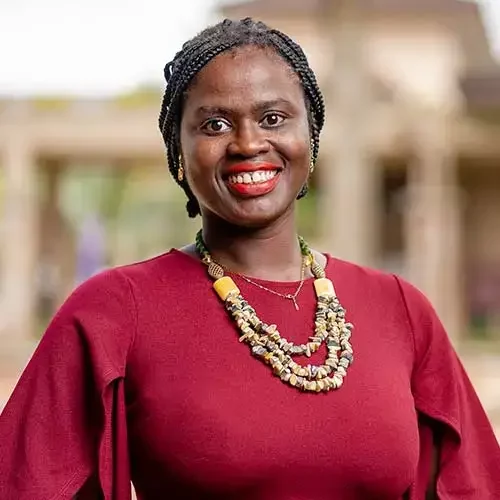
Maame A.S. Mensa-Bonsu
Maame A.S. Mensa-Bonsu is a barrister and the head of humanities and social sciences at Ashesi University Ghana. Having completed her LL.B degree from the University of Ghana and a DPhil degree from the University of Oxford, she has taught Criminal Law and Public Law at the London School of Economics and Political Science and constitutional law at Lancaster University in Ghana. Her scholarly work focuses on judicial review, judicial power, executive power, constitutional amendment and review, separation of powers in African contexts and elections in Africa.